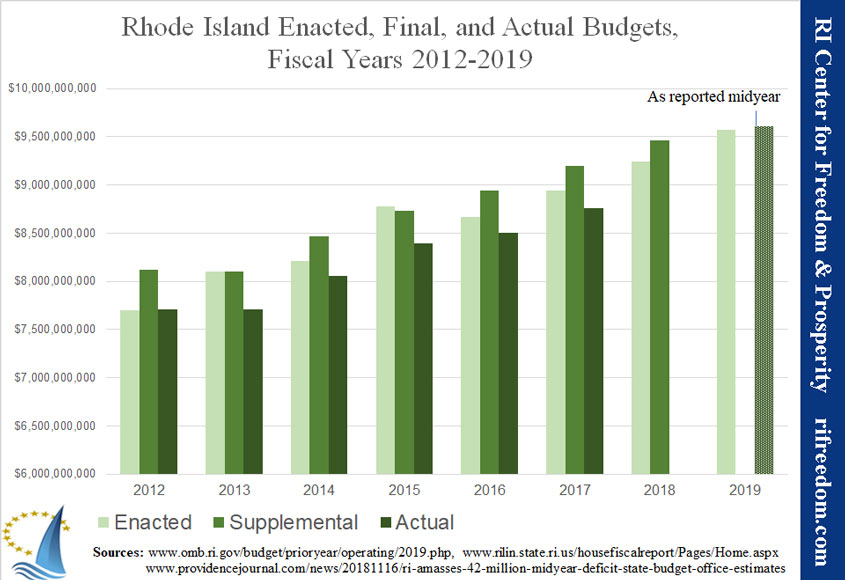When Government Is the Biggest Client, the Biggest Competitor, and the Regulator
I don’t have any additional information about what’s going on with this story, but it’s one worth watching:
The doors were locked on Monday at St. Jude Home Care as the provider of home health-care services reeled from having its privilege to bill Medicare and Medicaid terminated as a result of federal and state investigations.
But owner Priscilla Pascale invited a reporter inside to say why she believes the government actions are unjustified and nothing more than “trumped-up charges” that are the result of a “vendetta.”
Pascale doesn’t say whom it is that has a vendetta against her, but she does claim that surveillance tapes make it obvious that the inspectors came in with the goal of finding something they could use to “take us out.”
St. Jude Home Care is “one of the largest providers of home health-care in the state,” which makes it one of the largest competitors to the state’s Dept. of Behavioral Healthcare, Developmental Disabilities and Hospitals. That means it’s one of the largest competitors to the government labor union whose members dominate lists of the most lucrative state jobs, making many times their official salaries.
Supporters of the Rhode Island status quo or big government generally are sure to claim I’m peddling a conspiracy story, because it’s critical to their ideologies that government agencies can be trusted to be intimately involved with our businesses and our lives. (Hello, IRS.) Still, when government becomes a provider of services for which it is also a dominant payer in industries that it also regulates, it’s far from unreasonable to think agencies might act in their own self interest in ways that would be obviously wrong to those who aren’t part of the cult of government.

